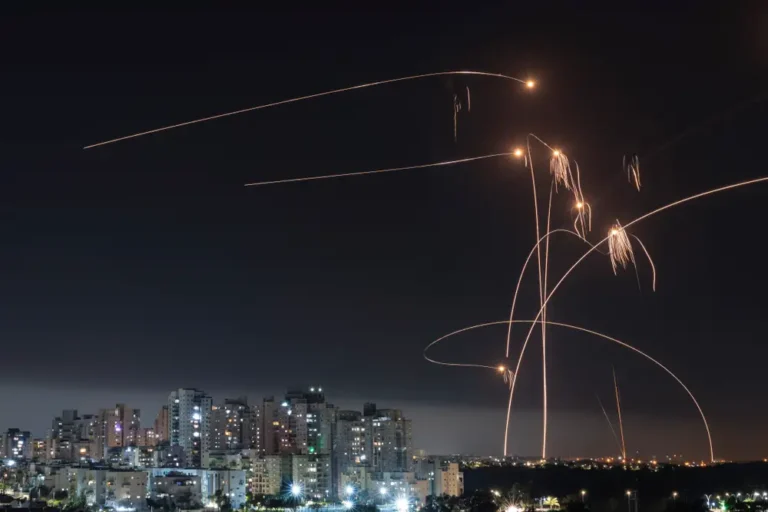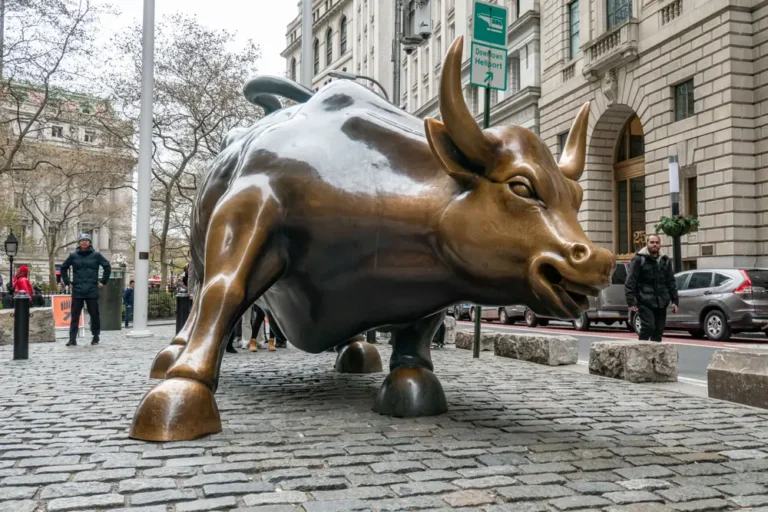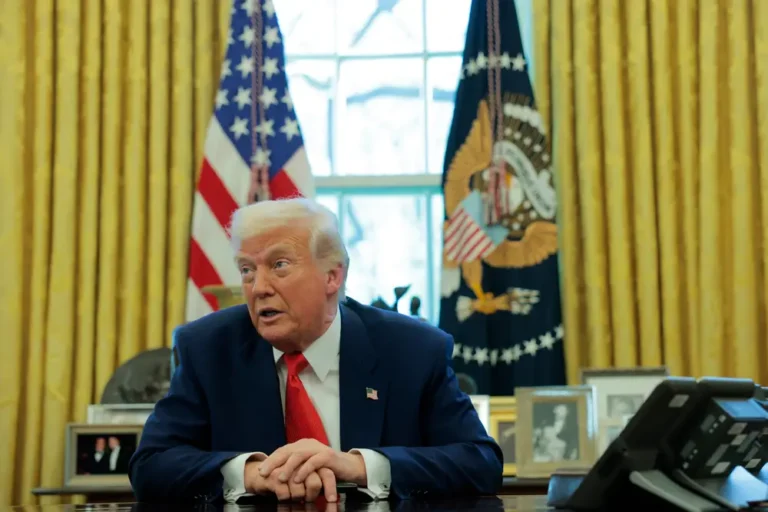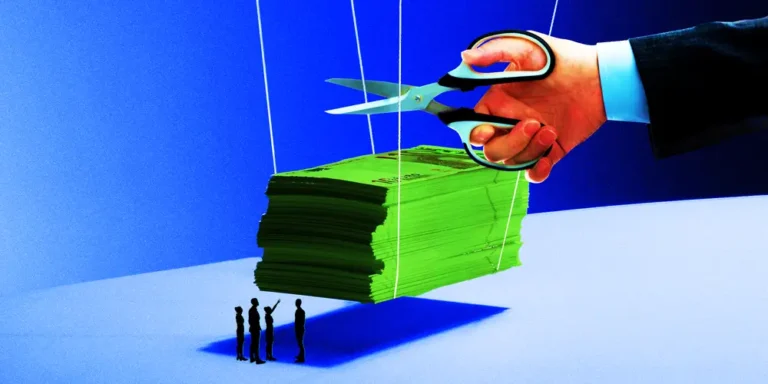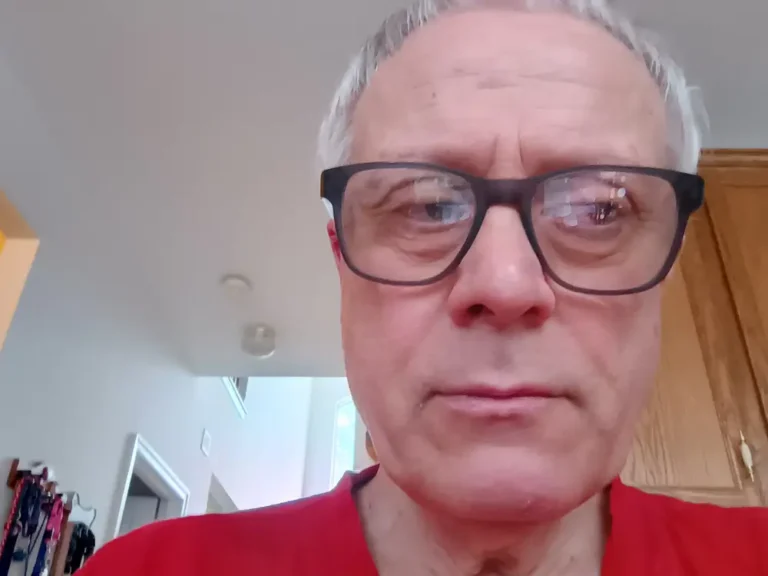Putin’s dollar problem is on clear display at the BRICS summit, starting with the moment guests land at the airport
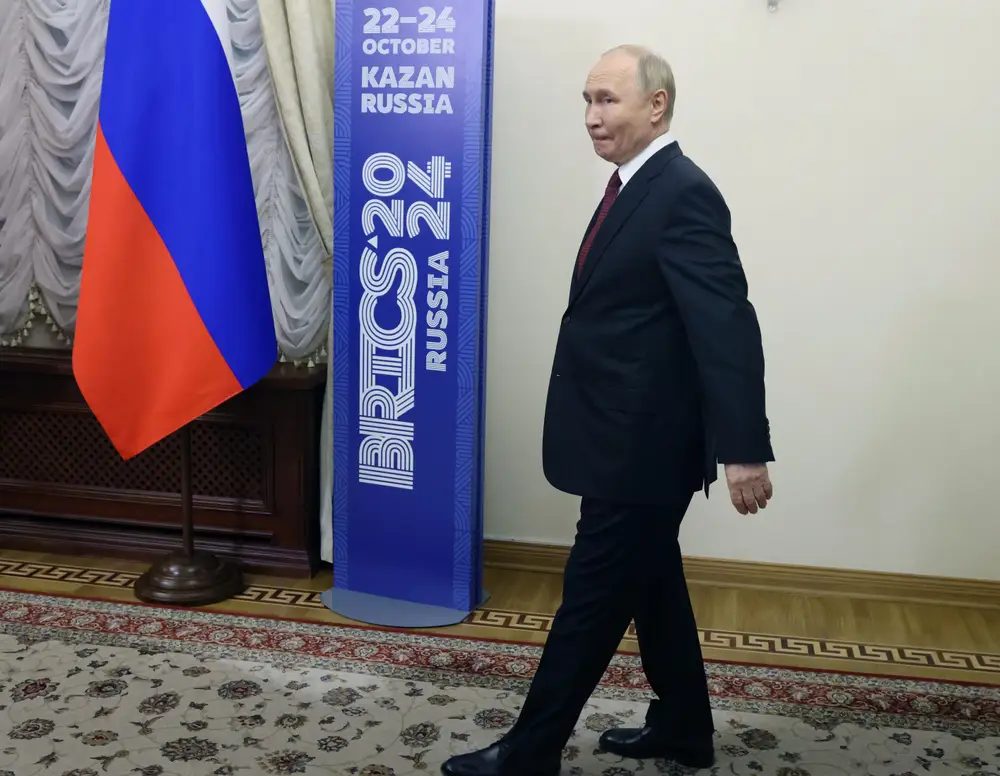
Attendees of the BRICS summit, hosted by Russian President Vladimir Putin, have been advised to bring dollars and euros.
Russian President Vladimir Putin is hosting a major summit with more than 20 world leaders whom he’s trying to convince to ditch the dollar.
De-dollarization is one of Putin’s priorities because trading in local currencies would mean that a heavily sanctioned Russia wouldn’t be beholden to the Western US-dollar-dominated global financial order.
But it’s not easy to move away from the greenback. The organizers of the BRICS summit have advised foreign attendees to bring cash — specifically US dollars and euros — to the event in the Russian city of Kazan.
Most Russian banks will only take US dollars or euros — which Moscow has deemed “toxic currencies” — to exchange for rubles, according to a guide on the summit’s website.
Going cashless isn’t an option since it’s not possible to use Mastercard or Visa cards issued outside Russia in the country. The two card issuers halted local operations days after Russia invaded Ukraine in 2022.
China’s Union Pay cards may be used — “but with restrictions,” the guide says.
Attendees may apply for Russia’s Mir payment card, and there’s a bank at Kazan’s international airport to get a card, exchange currency, and withdraw cash.
These issues with payments not only undermine the bluster of the BRICS group’s call to de-dollarize, but they also underscore the immense challenge BRICS would have to unseat King Dollar, which is firmly entrenched in the global financial order.
The group of emerging nations anchored by Brazil, Russia, India, China, and South Africa is not giving up.
On Tuesday, Putin again touted the use of local currencies on the sidelines of the summit’s first day.
“The growth of payments in local currencies makes it possible to reduce the debt service fee, increase the financial independence of BRICS member countries, and also to mitigate geopolitical risks to the greatest extent possible and, as much as possible in the current world, separate economic development from politics,” Putin said on Tuesday at a meeting with Dilma Rousseff, the president of the BRICS New Development Bank, according to Russia’s TASS state news agency.
Putin caps a social year with BRICS summit
Putin is also hobnobbing with Chinese leader Xi Jinping, Indian Prime Minister Narendra Modi, South Africa’s president, and the UN Secretary-General at the summit this week. Brazilian President Luiz Inácio Lula da Silva canceled his trip after a fall at home.
The BRICS summit is larger this year because the West-weary group has welcomed the new members of Egypt, Ethiopia, Iran, and the United Arab Emirates over the past year. Saudi Arabia has been invited but hasn’t formally joined the club.
Russia is the BRICS chair this year, so a bigger summit is a feather in the cap of Putin, who has had a busy social calendar this year, even though Russia and the Russian leader himself have been heavily sanctioned.
Before the BRICS summit, Putin was already globetrotting and socializing with top leaders from Asian countries including China, India, Vietnam, and Indonesia.
Despite the BRICS’ interest in reshaping the world order, the group is fraught with rivalries and competing interests that it first has to overcome, analysts told B-17.
“Behind the rhetoric, there’s a huge concern — even within Russia — whether the new members will become their equals,” Evgeny Roshchin, a visiting scholar at Johns Hopkins University’s Henry A. Kissinger Center for Global Affairs, said at a press briefing held by the Center for European Policy Analysis on Monday.

